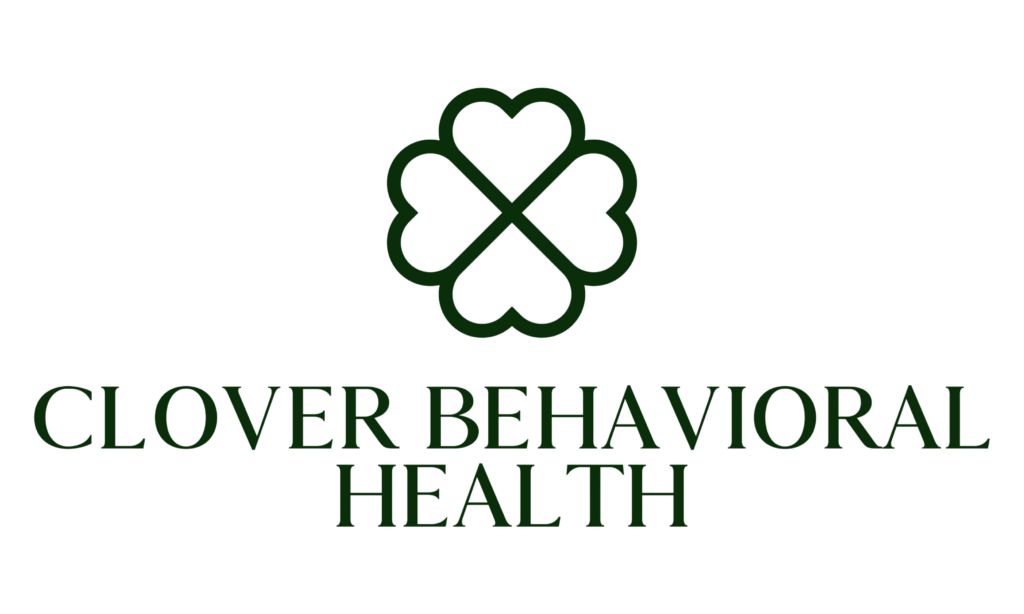Supporting a spouse struggling with alcohol abuse is a challenging and emotional journey, but it is also one filled with opportunities for healing and growth. At Clover Behavioral Health, we understand how daunting this can be. Our goal is to provide you with the knowledge, tools, and support needed to help your loved one on their path to recovery while also taking care of yourself.
Understanding Alcoholism
Before we can effectively support our partners, we must understand the nature of alcoholism. Alcoholism, or Alcohol Use Disorder (AUD), is a chronic disease characterized by an inability to control drinking despite adverse consequences. It’s essential to recognize that this is not a sign of weakness or a lack of willpower but a medical condition that requires treatment and support.
Recognizing the Signs
Recognizing the signs of alcoholism is the first step in helping your spouse. Some common indicators include:
- Craving: A strong urge or compulsion to drink.
- Loss of control: Inability to limit drinking on any given occasion.
- Physical dependence: Experiencing withdrawal symptoms such as nausea, sweating, or shaking when not drinking.
- Tolerance: Needing to drink more to achieve the same effect.
It’s important to approach this situation with compassion and understanding. Judgment and anger can drive a wedge between you and your spouse, making it harder for them to seek help.
Educating Yourself
One of the most empowering steps you can take is to educate yourself about alcoholism and its effects. Understanding the physical, psychological, and emotional aspects of this disease can help you approach the situation with empathy and knowledge. Resources like books, credible websites, and support groups can provide valuable insights and information.
Communicating Effectively
Communication is a cornerstone of any supportive relationship. When discussing your spouse’s drinking, try to choose a calm, private moment when neither of you is under the influence of alcohol. Here are some tips for effective communication:
- Use “I” statements: This can help minimize defensiveness. For example, “I feel worried when I see you drinking so much” instead of “You always drink too much.”
- Express your concerns: Focus on specific behaviors and the impact they have on your relationship and family.
- Listen actively: Give your spouse a chance to share their thoughts and feelings without interruption.
Remember, this is a conversation, not a confrontation. The goal is to express your concern and willingness to support them, not to assign blame or guilt.
Encouraging Treatment
Encouraging your spouse to seek treatment is crucial, but it can also be delicate. Many individuals with AUD may be in denial or fear the stigma associated with seeking help. Here are some strategies to consider:
- Be supportive and nonjudgmental: Encourage them to see a healthcare provider or mental health professional.
- Present options: Research treatment options together, such as inpatient or outpatient programs, counseling, and support groups.
- Offer assistance: Help them make appointments, attend meetings, or even accompany them to initial sessions if they are comfortable with that.
Taking Care of Yourself
Supporting a spouse with alcoholism can take a significant toll on your mental and emotional well-being. It’s essential to prioritize self-care to maintain your own health and resilience. Here are some self-care strategies:
- Seek support: Join support groups for families and spouses of individuals with AUD, such as Al-Anon. Sharing your experiences with others who understand can provide comfort and practical advice.
- Set boundaries: Establish clear boundaries to protect your well-being. It’s okay to say no or to remove yourself from situations that are harmful or stressful.
- Engage in self-care activities: Make time for activities that bring you joy and relaxation, whether that’s exercise, hobbies, or spending time with friends and family.
Remember, your well-being is crucial, not just for you but also for your ability to support your spouse effectively.
Addressing Underlying Issues
Alcoholism often coexists with other mental health issues such as depression, anxiety, or trauma. Addressing these underlying factors is crucial for a successful recovery. Encourage your spouse to seek comprehensive treatment that includes mental health support in addition to alcoholism treatment.
Building a Sober Environment
Creating an environment that supports sobriety can significantly impact your spouse’s recovery journey. Here are some ways to foster a supportive home environment:
- Remove alcohol from the home: This reduces temptation and supports their decision to remain sober.
- Develop new routines: Engage in activities that do not involve drinking, such as exercise, hobbies, or other social activities.
- Encourage healthy habits: Promote a balanced diet, regular sleep patterns, and physical activity.
Celebrating Progress
Recovery is a long and often non-linear process. It’s essential to celebrate the small victories and milestones along the way. Acknowledge and encourage their progress, no matter how small it may seem. Celebrating these moments can boost their confidence and motivation to continue working towards sobriety.
Being Patient and Persistent
Recovery from alcohol addiction is not an overnight process. It’s filled with ups and downs, and setbacks are common. It’s crucial to be patient and persistent in your support. If your spouse experiences a relapse, approach it with understanding and encouragement rather than frustration or blame. Remind them that setbacks are a part of the journey, and what’s important is to keep moving forward.
Connecting with Professional Help
Professional treatment is often necessary for effectively addressing AUD. At Clover Behavioral Health, we offer compassionate and evidence-based treatment options tailored to your spouse’s unique needs. Our team of dedicated professionals is here to support both of you through every step of the recovery process.
Get the Help You Need Today
Helping a spouse struggling with alcoholism requires compassion, commitment, and a wealth of support. It’s a challenging path, but one that can lead to healing and renewed hope. By educating ourselves, communicating effectively, encouraging treatment, taking care of ourselves, and seeking professional help, we can provide the unwavering support our loved ones need.
If you or your loved one is ready to take the next step towards recovery, we are here to help. Contact Clover Behavioral Health today to learn more about our comprehensive treatment programs and start your journey towards healing together. We believe in the possibility of positive change, and we are committed to supporting you every step of the way.














